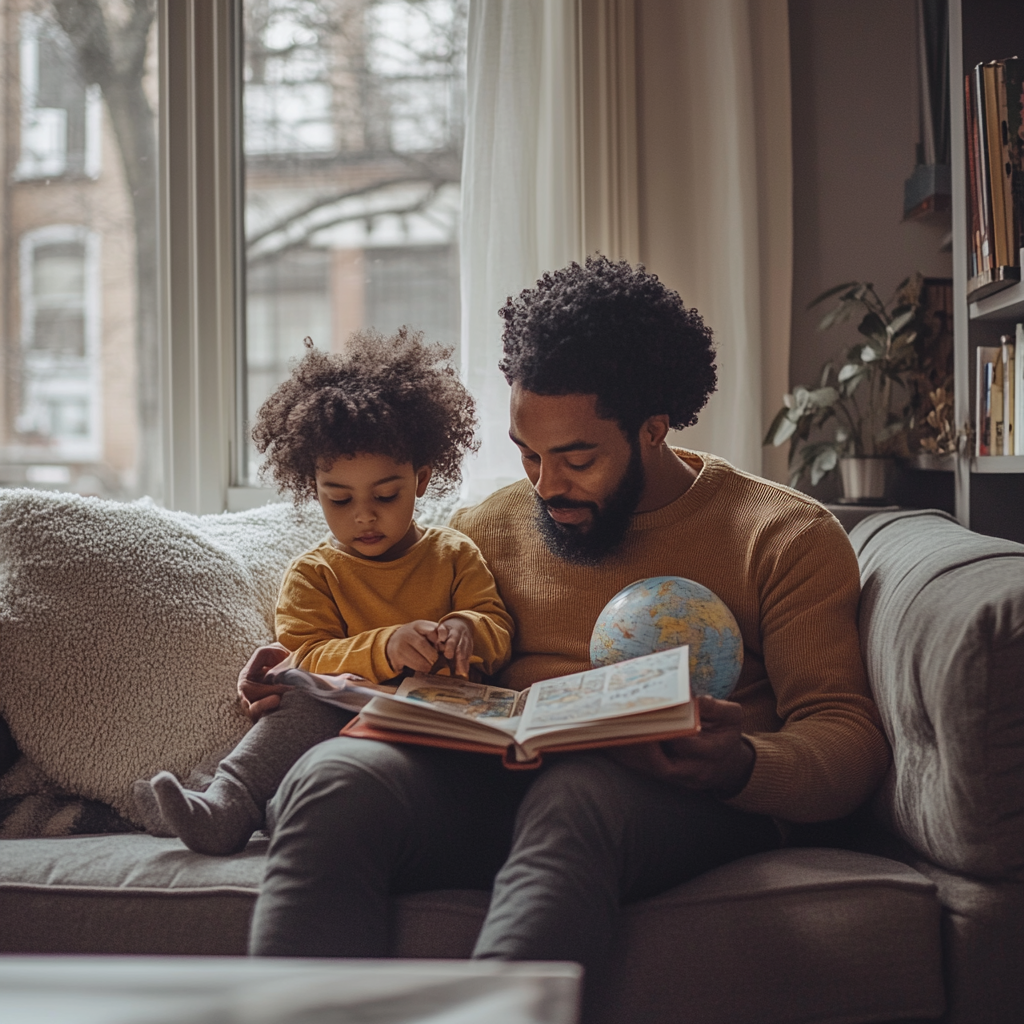1. Understand Your Child’s Concerns Before Jumping In
Kids are often more aware than we realize, but their understanding of world events might be incomplete or distorted. Before starting a conversation, it’s important to assess what your child knows and what concerns they may have.
-
Ask open-ended questions: Instead of assuming what your child knows or feels, start by asking questions like, “Have you heard about [event]?” or “What have you been thinking about lately?”
-
Listen carefully: Pay attention to both what your child says and how they say it. Their tone or body language might give you clues about their emotions and concerns.
-
Correct misinformation: If your child has picked up incorrect information from peers or media, gently correct it without being dismissive. Use this opportunity to clarify facts in a simple, age-appropriate way.
2. Tailor the Conversation to Their Age
Children at different developmental stages process information in vastly different ways. Tailoring your approach based on their age can make it easier for them to understand and cope with what they hear.
-
For younger children (ages 4-7): Keep explanations simple and avoid overwhelming details. Focus on basic facts and reassurance. For example, if talking about a natural disaster, you might say, “Sometimes there are big storms, but people are working hard to help everyone stay safe.”
-
For elementary school-aged kids (ages 8-12): You can offer more context and acknowledge that while some things are scary, there are always people trying to help. Ask them how they’re feeling and offer simple, honest explanations about the event without diving into too much detail.
-
For teens (ages 13 and up): Teens are more capable of understanding the complexity of world events. They may have their own opinions or concerns. Engage in open discussions, ask for their thoughts, and provide balanced, factual information to help them form their own perspectives.
3. Focus on Reassurance and Empowerment
When kids hear about big world events, it’s natural for them to feel scared or helpless. Focusing on what’s being done to improve the situation and offering reassurance can go a long way in reducing their anxiety.
-
Offer comfort: Reassure your child that adults are working to fix the problem or handle the situation. This can help them feel more secure, knowing that there are people in charge who are addressing the issue.
-
Empower them to act: For older kids and teens, offering ways to get involved can help them feel empowered. For example, they can participate in a charity drive for disaster relief or write letters to raise awareness about an issue. Feeling like they can make a difference can alleviate feelings of helplessness.
4. Be Honest, but Don’t Overwhelm
Children need honesty, but they don’t need to be burdened with every detail. Strike a balance between providing truthful information and protecting them from unnecessary stress.
-
Be direct but simple: Avoid sugarcoating serious issues, but present them in a way that’s easy for your child to digest. For example, instead of saying, “Everything is fine,” acknowledge the situation while offering reassurance: “Yes, there are some tough things happening, but here’s what people are doing to help.”
-
Limit media exposure: If the event is ongoing, consider limiting your child’s exposure to the news. Repeated images or discussions of traumatic events can increase anxiety. Instead, choose trusted sources of information and share updates yourself in a calm, controlled manner.
5. Answer Their Questions, and Don’t Be Afraid to Admit You Don’t Know
Kids are naturally curious and may have lots of questions about world events. Encourage them to ask questions and answer them as honestly as you can. If you don’t know the answer, it’s okay to say so.
-
Encourage curiosity: Let your child know it’s okay to ask questions, and create a safe space for them to express their feelings. By fostering open communication, you build trust and provide reassurance.
-
Admit when you don’t have all the answers: If your child asks a difficult question you can’t answer, it’s perfectly fine to say, “I don’t know.” You can also use this as an opportunity to learn together by researching the topic or asking for expert advice.
Conclusion: Helping Kids Navigate Big World Events
Talking to kids about big world events can be challenging, but it’s also a valuable opportunity to help them develop emotional resilience and a deeper understanding of the world. By offering reassurance, simplifying complex issues, and encouraging open dialogue, you can help your child feel secure and informed without overwhelming them.
















